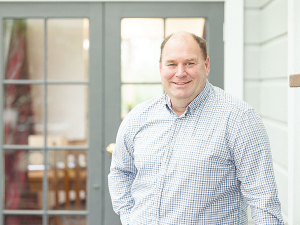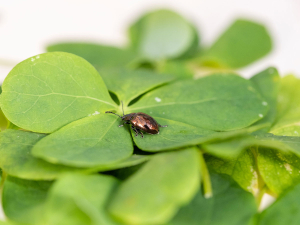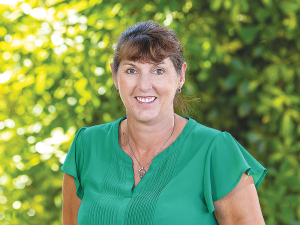OPINION: Last month marked the beginning of the political year, beginning with Waitangi Day.
This placed ACT's Treaty Principles Bill front and centre and understandably it was the topic of many conversations. In parallel the select committee process began in Wellington.
Some may see the Treaty Principles Bill as a bit of a distraction or a niche issue, and that we have more fundamental economic issues that we need to focus on here in 2025 rather than worrying about who meant what back in 1840. Personally, I think the Bill is relevant to the here and now and, more importantly, what sort of country we will be in 2040.
Firstly, some fact checking. The Bill does not seek to rewrite the Treaty. It seeks to define the principles that were said to exist in the 1975 Treaty of Waitangi Act but were never actually defined by Parliament. Those principles have since been decided by the courts but never by New Zealand's elected representatives. One of the principles that seems to have crept its way into our lives over the last 40 years is that of the Treaty being a partnership between two races, which has led to the push for co-governance.
There were many overt examples of this in the previous government, but the area that has given me the most concern has been at regional level, where many if not all regional councils have decided that to hold firm to this idea of partnership, this means that effectively when it comes to resource consents that every consent needs sign-off from local mana whenua.
Sixteen years ago, when my consent for discharge of effluent to land was granted, it was a fairly straightforward process. I knew from the council the land I needed to apply it over and the amount of storage required, which could be influenced by the application depth that my spreader was able to achieve. I also knew the separation distance that I had to achieve from waterways, public roads, and the boundary. I had to consult with any neighbours that might be affected, and if they did have an issue, the council could take that into account or decide that they felt I was being reasonable enough and issue the consent. Council arrived at these points that I needed to address in my consent through consultation with the community including iwi.
All in all, I had confidence that by investing in the required storage and equipment I would be granted a consent. I also had confidence at that time about my ability to farm for the next 20 years.
Fast forward 16 years, and I hear from many farmers who are lacking in confidence about whether they can get a consent because now it is no longer a clear process through council.
I have heard from vegetable growers who have been told they won't be given a consent for water takes. But also, we have situations where only very short consents are being granted. This current interpretation of the Treaty as a "partnership" creates a situation where confidence is a lot lower than what I experienced 16 years ago, and if you think that doesn't have an impact on the economy, you are dreaming.
We could address these issues through RMA changes, but my concern will be that phrase "must give effect to the principles of the Treaty" is so ingrained in the courts and the bureaucracy, will those changes be able to occur?
The ultimate protection is to do what should have been done 50 years ago and define what the Treaty principles are. Let's have the debate.
ACT has put forward principles that respect the past but more importantly safeguard our democracy going forward. Most importantly, every citizen would have equal rights.
If others believe they have better wording, I would love to hear it.
Andrew Hoggard is Associate Minister of Agriculture.



















